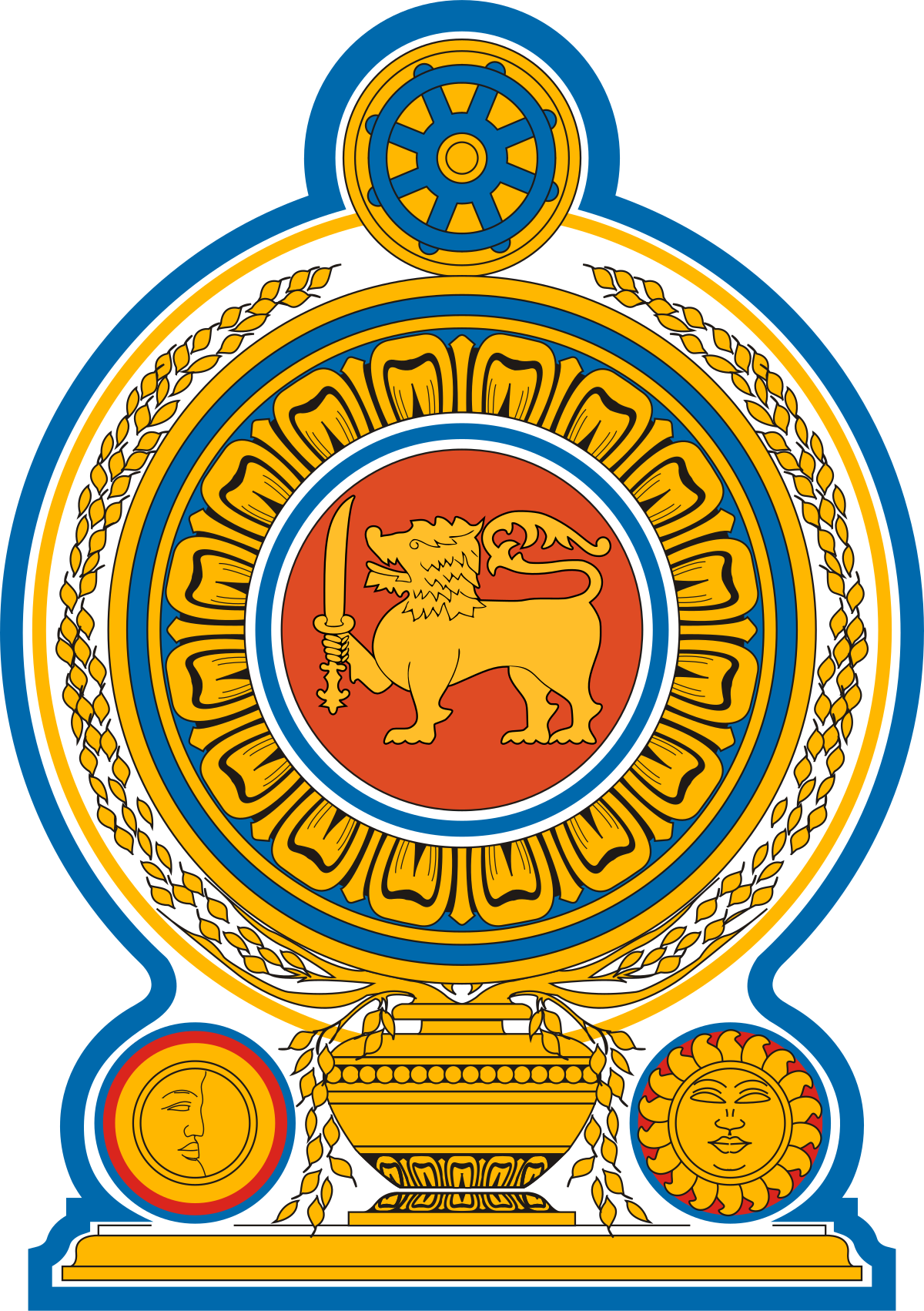Frequently Asked Questions
Interim Policy Regarding the Servicing of Sri Lanka's External Public Debt
1. What is the interim policy of the Government of Sri Lanka (GoSL) on servicing Sri Lanka’s external public debt?
The interim policy of GoSL is to introduce a standstill of servicing of all affected external public debts, for an interim period pending an orderly and consensual restructuring of those obligations in a manner consistent with an economic adjustment program supported by IMF.
2. What does ‘external debt’ mean?
For purposes of this policy, ‘external debt’ means obligations for borrowed money or the deferred purchase price of goods or services (i) denominated in a currency other than Sri Lankan Rupees and (ii) governed by law other than the law of Sri Lanka. However, of all such external debt, only Affected Debts are subject to the debt standstill as clarified below.
3. What are the Affected Debts?
The following categories of external public debts of the Democratic Socialist Republic of Sri Lanka (Republic) and its public sector borrowers (State Owned Enterprises) are considered as ‘Affected Debts’.
(i) All outstanding series of bonds issued in the international capital markets;
(ii) All bilateral (government-to-government) credits, excluding swap lines between the Central Bank of Sri Lanka and a foreign central bank;
(iii) All foreign currency-denominated loan agreements or credit facilities with commercial banks or institutional lenders (including such institutions owned/ controlled by foreign governments) for which the Republic or a public sector entity is the obligor or guarantor; and
(iv) All amounts payable by the Republic or a public sector entity following a call during the interim period upon a guarantee (or equivalent financial undertaking) issued in respect of the debt of a third party.
4. What is the course of action for the holders of Affected Debts?
The holders of Affected Debts are requested to capitalize any amounts of principal or interest falling due during this interim period, until a restructuring proposal can be presented to the creditors for their consideration.
5. What is the applicable interest rate for capitalization?
The applicable interest rate shall not be higher than the normal contractual rate applicable to that particular credit.
6. When does the capitalization under the interim policy come into effect?
All principal and interest payments falling due after 5.00 pm (Sri Lanka time) on April 12, 2022 under Affected Debts shall be deemed to have been capitalized.
7. Will there be any confirmation to the creditors of the new principal amount after capitalization?
Promptly after the scheduled due date for each amount of principal or interest affected by this policy, the Ministry of Finance (Ministry) shall send to the creditor (or to the relevant trustee or fiscal agent) written confirmation of the new principal amount of the Affected Debt as shown on the Ministry records.
8. Is there an alternative to capitalization?
The holder of an Affected Debt could opt to receive the Sri Lankan Rupee equivalent of an amount falling due during the interim period in lieu of the capitalization of that amount.
9. What are the prerequisites to receive payments in Sri Lankan Rupees as described in 8 above?
The holder of the Affected Debt should contact the Ministry as soon as practicable, but not later than one month from the day on which such amount fell due. The Ministry shall attempt to accommodate such requests provided that doing so (i) is consistent with the Central Bank’s monetary policy and (ii) is feasible under the relevant credit documentation.
10. Would the trade facilitations related credit lines be covered under this interim policy statement?
No. All Trade facilitations related credit lines obtained for import of essential goods and services do not come under the purview of the interim policy arrangement.
11. Would the Sri Lanka Development Bonds (SLDBs) get covered under this interim policy statement?
No. SLDBs are issued under a law of Sri Lanka and almost entirely a domestic debt.
12. Would the credit facilities/borrowings from multilateral financing institutions are included under this interim policy statement?
No. Credit facilities/borrowings from multilateral financing institutions are excluded from this policy statement.
13. Would the state banks’ credit lines/borrowings be covered under this interim policy statement?
No. State banks credit lines/borrowings are covered under a law of Sri Lanka and almost entirely a domestic debt.
